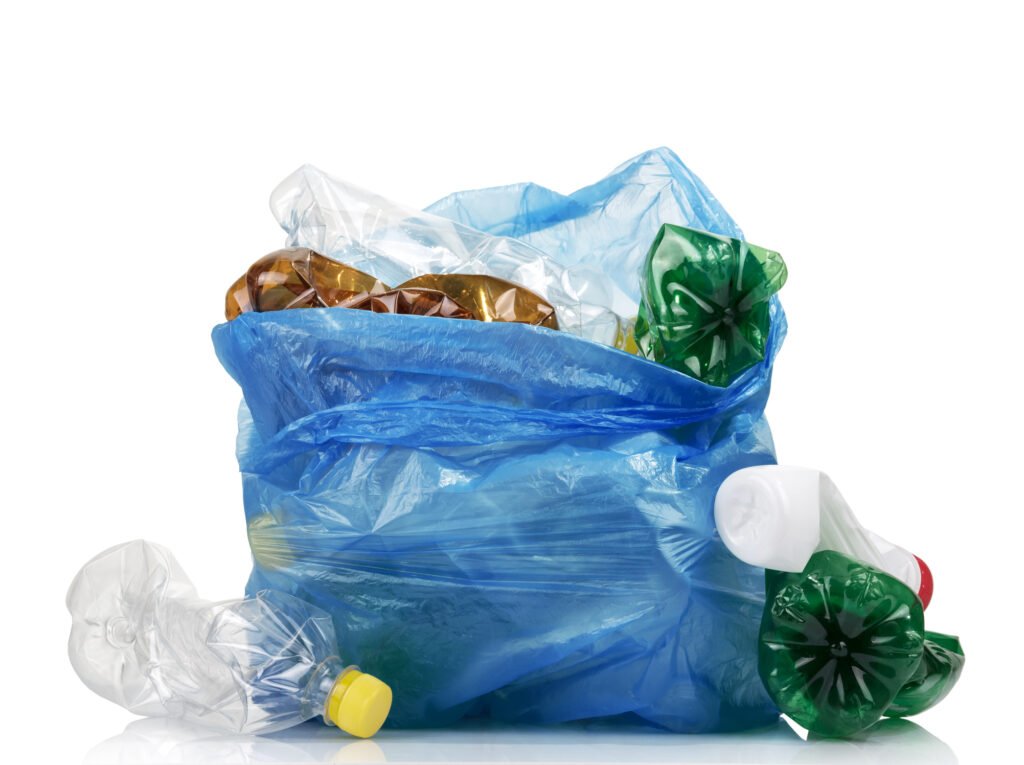On June 28, 2021, the Indonesian Ministry of Environment and Forestry (MOEF) announced the implementation status of the “Regulations of the Minister of Environment and Forestry No. 75 of 2019 on Producers’ Waste Reduction Roadmap” (hereinafter, “the regulation”). The following company names was disclosed as producers (manufacturers and retailers) who have submitted their “2020-2029 Implementation Plan of Waste Reduction Roadmap” under the regulation. MOEF is reviewing and providing feedback on the submitted documents so that the provisions of Regulation No. 75 of 2019 can be implemented immediately.
| Manufacturers |
|
| Retailers |
|
MOEF has been working to inform and disseminate the regulation to all stakeholders including local government, producers and the public since 2020. MOEF has also launched a consultation service on the preparation of the above-mentioned Implementation Plan of Waste Reduction Roadmap. This roadmap for waste reduction by producers aims to reduce the packaging waste of goods, products and containers, especially plastic wastes, by 30% over the next 10 years. In addition to this, the Regulation of Minister of Environment and Forestry No. 75 of 2019 targets to ban the use of several types of single-use plastics from January 1, 2030.
Problems on waste packaging and containers in Indonesia
MOEF continues to address the garbage problem in the country. Since 2015, the Ministry of Environment and Forestry (MOEF) has been paying a lot of attention to reducing garbage, especially the difficult-to-manage single-use plastic waste. Various forms of product containers and packaging, as well as food and beverage containers, have become trash, causing specific problems. To solve this problem, countermeasures with appropriate resources, technology, and large amounts of money are required. On the other hand, the available capacity and resources are still very limited. In order for the available capacity to keep pace with the total amount of waste generated, waste reduction strategies will be a key issue, and these strategies will need to involve all stakeholders, including central and local governments, citizens and producers.
According to Novrizal Tahar, Director General of Waste Management, Directorate General of Waste and B3 Management of MOEF, the improvement of waste management quality has been done by local governments through the formulation of the Local Waste Management Strategy Policy (Jakstrada), a directive under the Presidential Decree No. 97 of 2017. The policy sets the direction for balanced waste management in line with the 2025 waste generation, phasing out and banning single-use plastics such as plastic shopping bags, plastic straws, and styrofoam containers. Two provinces and 58 cities/regencies have already issued local policies on waste reduction through bans and restrictions on single-use plastics.
A survey conducted by two national newspapers showed that more than 61% of citizens are in favor of bringing their own shopping bags, 90% of citizens have already reduced their use of plastic, and 97.9% of citizens want to reduce their plastic waste in the future.
See more details about the “Regulations of the Minister of Environment and Forestry No. 75 of 2019 on Producers’ Waste Reduction Roadmap” on the following:
https://enviliance.com/regions/southeast-asia/id/report_1598
 Indonesia MOEF reports implementation status of waste reduction regulations
Indonesia MOEF reports implementation status of waste reduction regulations 

























